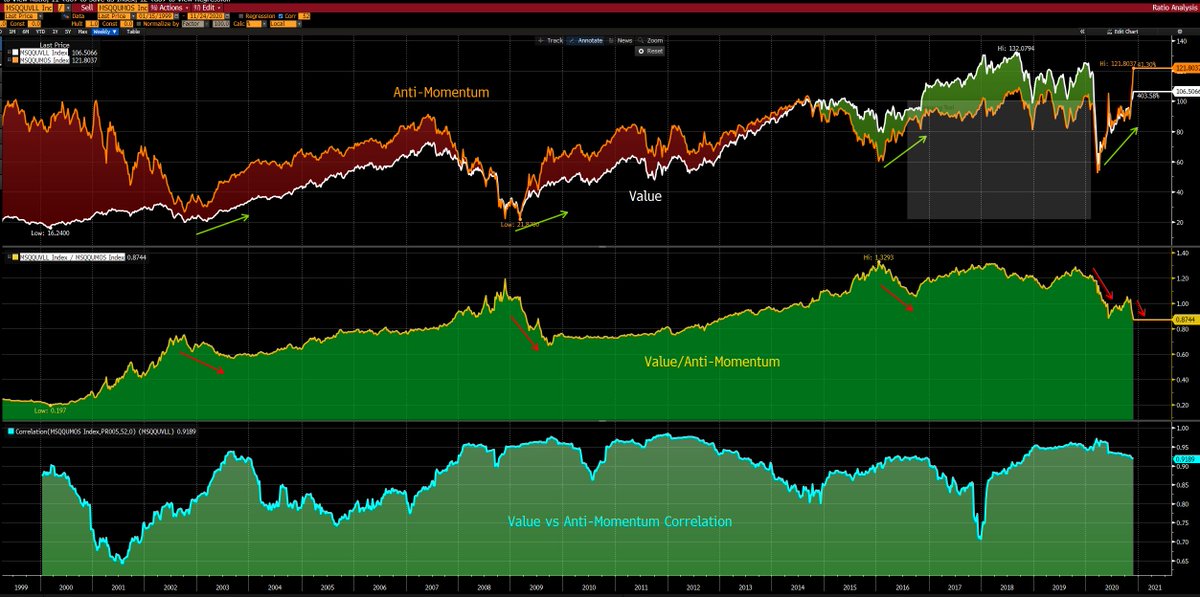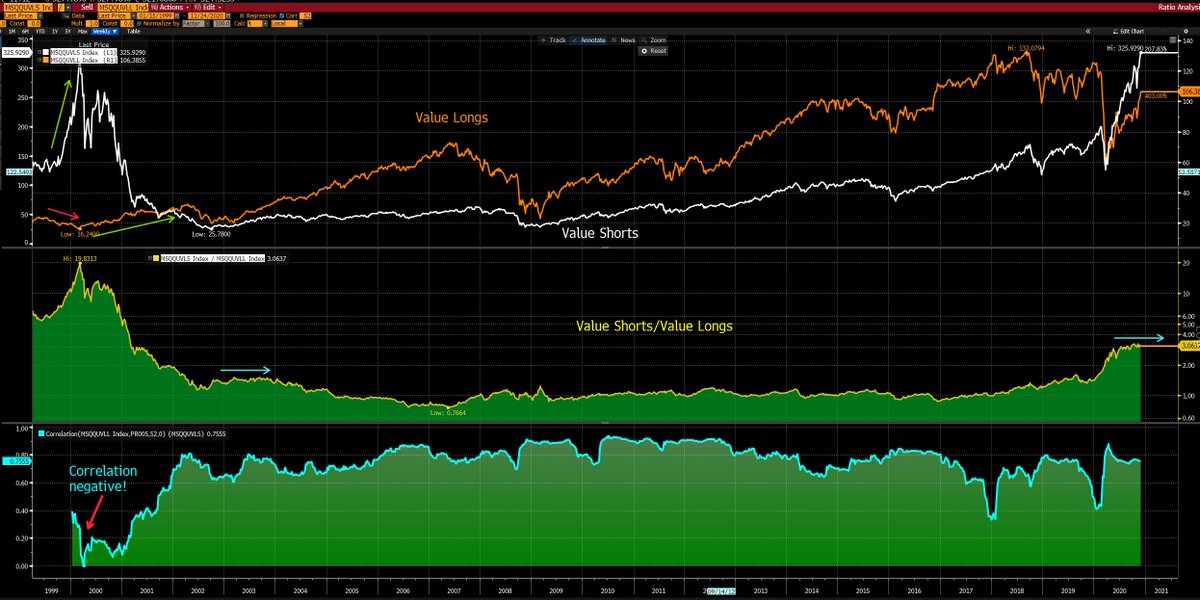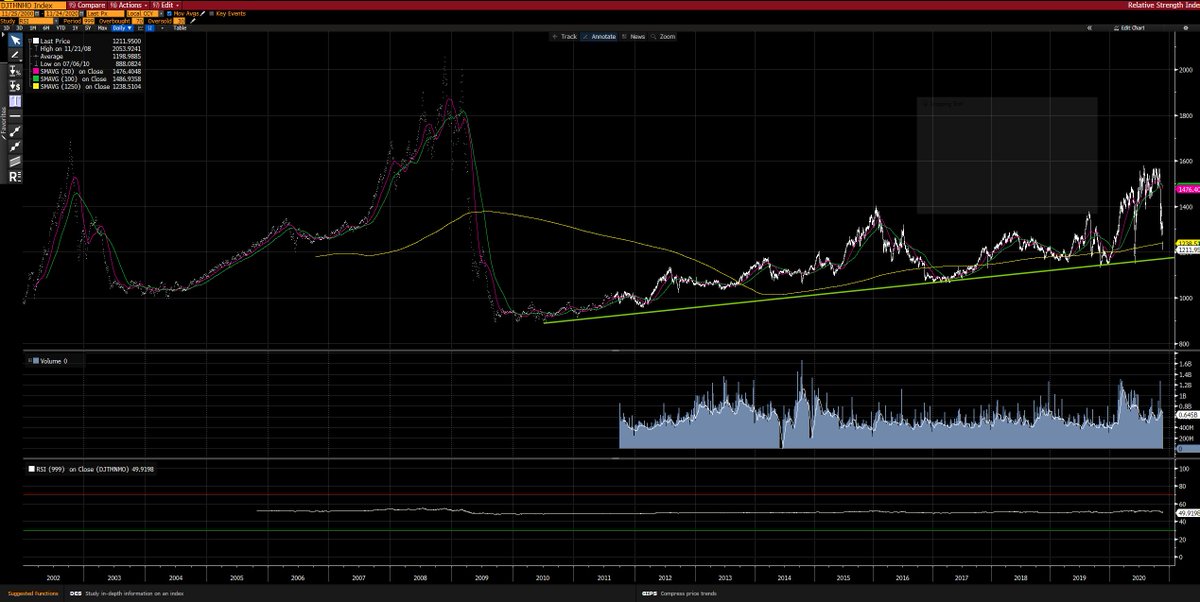
1/n It's unfortunate that this is the takeaway. I have spoken frequently about the objections I have to the intrusion of the state in private affairs and the benefit we all gain when nation states are held in check. HOWEVER, there is a huge difference between emigration
https://twitter.com/JamesRoloff/status/1353538898601902080
2/n which physically removes you from the power the state holds (bad actors like Putin often exceed this limit) and a Thoreau style "Civil Disobedience" around a desire to disrupt the functions of the state by intentionally choosing a "monetary system" (asset/commodity/SoV) that
3/n empowers the enemies of your country. If you are not a US citizen, you can make your own calculus as to whether you support the US or China/Russia/Iran. I have no objection to your right to choose. If you are a US citizen, then you are either intentionally undermining the
4/n resources available to your country OR you are being naive. My point remains that the evidence is increasingly clear that the primary use cases for bitcoin is (1) as a poor speculative asset for US citizens (average "cost" is roughly $11K vs current price of $34K -- lots
5/n of rich first movers, lots of risk for those being drawn in today) predicated on a St.Petersburg Paradox (stanford.io/2YaQRsO) and (2) for countries like China/Russia/Iran to generate USD (by selling crypto to wealthy first world speculators (see #1).
6/n These are not good choices. First, the St. Petersburg Paradox is an improper framing relying on Expected Value. The solution lies in the work of @ole_b_peters on non-Ergodic systems (go.nature.com/3c65cPD). Unfort, the St. Petersburg Paradox lends itself to the promoters.
7/7 Second, the bitcoin rebellion is functionally a re-enactment of Shay's Rebellion with the added aspect of "helping" countries with an expressly stated interest that are against the US. I am simply suggesting that it will not end differently for the same reasons.
• • •
Missing some Tweet in this thread? You can try to
force a refresh










